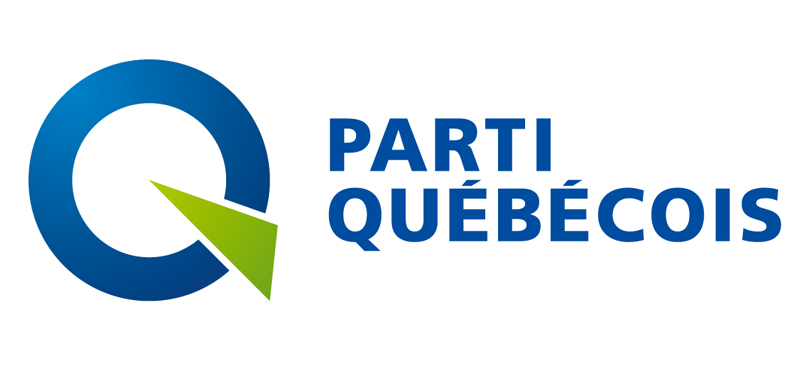Party slogan: “Determined”

The Parti Quebecois (PQ) came about after a 1968 merger between René Lévesque’s Mouvement Souveraineté-Association and Ralliement National.
Lévesque was formerly a Quebec Liberal Party cabinet minister.
Live coverage of the 2014 Quebec election
The PQ is known for advocating national sovereignty for Quebec (including political, economic and social autonomy), with the possibility of maintaining some sort of political and economic association with Canada.
The PQ was elected for the first time in 1976, sending a wave of anglophone-Quebecers to Ontario.
After the 2012 provincial elections, the PQ formed a minority government, holding 54 of the 125 seats in the National Assembly.
The PQ electoral program states that the party’s main commitment is political liberty; achieving the sovereignty of Quebec once the province’s residents are ready.
In fact, Article 1 of the party’s 2014 electoral platform is for sovereignty and includes the controversial charter of values.
Article 3 aims to increase the visibility of French language in the province, maintaining that there should only be one official language.
Under Article 3, the PQ argues that it will continue to work with the anglophone community.
To read the party’s entire platform (available only in French), click here.
To take a look at the party’s platform for independence here (available only in French), click here.

Get daily National news
To read the party’s history (available only in French), click here.
Party leader: Pauline Marois
As leader of the Parti Quebecois, Pauline Marois is the 30th premier of Quebec. She is the first woman premier of the province and the first to lead the party.
Marois’ political career began in 1989, when she was elected as a member of the National Assembly for the riding of Taillon.
She eventually became the only politician in Quebec history to hold three different portfolios in government: Finance, Education and Health.
Under the unofficial title of “Minister of Everything,” Marois dominated the political scene for nine years.
One of her main achievements was the introduction of $7-a-day subsidized daycare.
During this time, she also unsuccessfully faced off against student federations after a proposal to lift a two-decade-long tuition freeze. She later supported the 2012 student movement, dubbed “Maple Spring.”
In 2006, Marois briefly left the party after 25 years in politics. She returned a year later to become the party’s seventh leader, after facing serious challenges to her leadership from several members of her caucus.
She has been dubbed the “Iron Lady”; the same monicker given to British Prime Minister Margaret Thatcher.
Over the past 18 months of its minority government, the PQ has been the subject of much controversy, most significantly in connection to its proposed charter of values (Bill 60).
In the 2014 provincial elections, Marois will run in Charevoix-Côte-de-Beaupré in the Capitale-Nationale region of Quebec.
Key riding to watch:
The Parti Quebecois has several strongholds, including Saguenay, Taillon and Taschereau, as well as many ridings in rural Quebec.
Saint-Jérôme: Media mogul Pierre Karl Péladeau caused a stir when he was nominated as the PQ candidate in the Laurentide riding of Saint-Jérôme.
READ MORE: Quebec election: What does Pierre-Karl Péladeau own?
If successful, Péladeau will take over the riding from former police chief and Coalition Avenir Quebec candidate Jacques Duchesneau, who is not running for re-election.
Watch: Pierre Karl Peladeau will run for PQ in Quebec election









Comments
Want to discuss? Please read our Commenting Policy first.